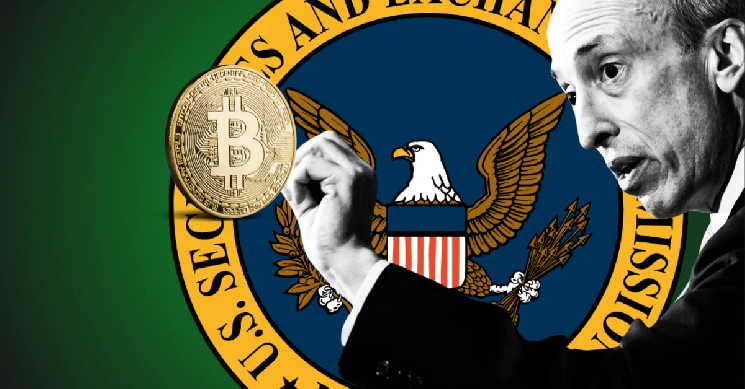The Securities and Exchange Commission (SEC) is facing some challenges in its crusade against cryptocurrency, particularly in its case against Ripple Labs regarding the XRP token. The federal judges are questioning the SEC’s aggressive interpretation of old securities laws, which could potentially lead to the Supreme Court becoming involved. As Paul Atkins prepares to take over from Gary Gensler at the SEC, there are concerns that the agency’s refusal to drop the Ripple case could have severe consequences, according to a warning from JW Verret.
The dispute began with the SEC’s 2020 lawsuit against Ripple Labs, alleging that the XRP token was an unregistered security. However, Judge Analisa Torres ruled that XRP sales on public exchanges were not securities transactions, a decision that the SEC is currently appealing. Judge Jed Rakoff took a broader view in the SEC’s case against Terraform Labs, suggesting that crypto tokens could be considered securities regardless of how they are sold. This difference in judicial opinions has created legal uncertainty, potentially prompting the Supreme Court to intervene.
Judge Rakoff’s interpretation poses serious consequences for the crypto industry, as it suggests that even trades of tokens by individuals unrelated to the issuing company could be considered securities. If this line of reasoning is pursued further, even Bitcoin could fall under the definition of a security due to its developers maintaining the network. This lack of clear boundaries raises concerns among legal experts and market participants, as it could lead to a broad expansion of SEC control over various assets beyond just cryptocurrency.
The SEC’s appeal of the Ripple case, along with its refusal to establish clear rules for crypto trading, could ultimately backfire and lead to Supreme Court involvement. By using the Howey test too broadly against legitimate crypto companies like Ripple, Coinbase, Kraken, and Uniswap without providing clear guidelines, the SEC risks limiting its own authority and weakening its ability to regulate the crypto industry effectively. This could have long-term implications for the SEC’s oversight of cryptocurrency, especially as new leadership takes over following the 2024 elections.

